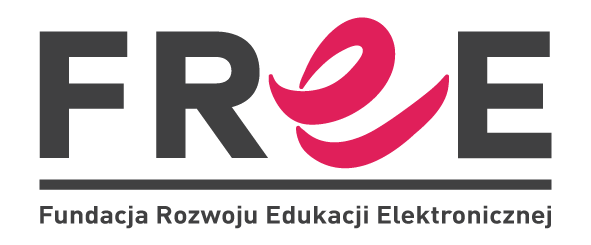Computer algorithms are present in multiple aspects of our lives. While they are able to facilitate our lives and create opportunities which wouldn’t be available otherwise, they pose a significant challenge for the lawmakers wishing to support the value of such uses, while preventing their negative side effects on human rights (such as the freedom of expression, the right to privacy, the right to data protection and the freedom to conduct a business) and, for example, the notion of transparency.
Our project is focused on making the lawmakers and stakeholders aware of the need to expressly consider regulation of algorithms as a key challenge, and on guiding the European lawmakers towards the best possible way of tackling it. To this end, our project relies primarily on two major areas of increased algorithmic activity – online copyright enforcement and online education. By studying the laws of four different, major jurisdictions; gathering and analysing the specialist knowledge obtained through a set of interviews with IT profesionals; and drawing comparisons between and beyond online copyright enforcement and online education, we intend to provide a strong conceptual-yet-practical foundation for algorithms-influencing measures such as the recently proposed Digital Single Market Copyright Directive.
Additionally, we intend to approach the issue of machine learning and explore its impact on this field. Finally, we plan for our research to reveal principles and guidelines applicable to regulation of algorithms in general. The proposed research has a strong capability to benefit the European citizens and stakeholders by improving the online copyright enforcement measures and online education platforms they use, while giving adequate protection to the human rights and values of the EU.
